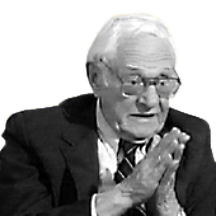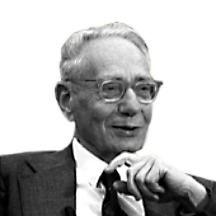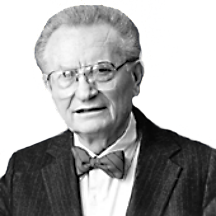Julius Axelrod was born in 1912 in New York. He went through a long and arduous process before obtaining his medical degree. When he first applied, he was not accepted to medical school and specialized in chemistry and pharmacology at New York University. He also engaged in researching the metabolism of drugs. At the age of 43, when he finally received his medical degree, he moved to the National Institute of Mental Health, and later served as head of the Pharmacology department.
In 1970, Julius Axelrod and his colleagues, Bernard Katz and Ulf Von Euler, were awarded the Nobel Prize in Physiology or Medicine “for their discoveries concerning transmitters and their operation mechanism”.
Nerve signals are transmitted in the body in two ways: by means of electric action potentials and by means of chemical substances – neurotransmitters.
In the early 1960’s, Axelrod and his colleagues researched the noradrenaline neurotransmitter, and discovered how transmitters are stored in nerve terminals, the mechanism of their discharge and manner of activity.
At a later stage, Axelrod also discovered two methods for stopping the activity of transmitters: the first by means of a specific enzyme that breaks it down, and the second by the quick re-absorption of the residuals of the neurotransmitter for storage, until the next stimulation.
Beyond his theoretical contribution to the understanding of nerve function, Julius Axelrod can be credited with furthering the practical applications of these theories in the treatment of mental illness and conditions such as high blood pressure.
deciphered the mechanism controlling nerve function.





